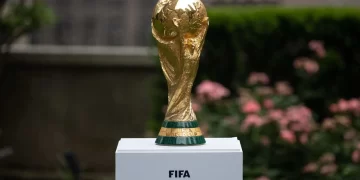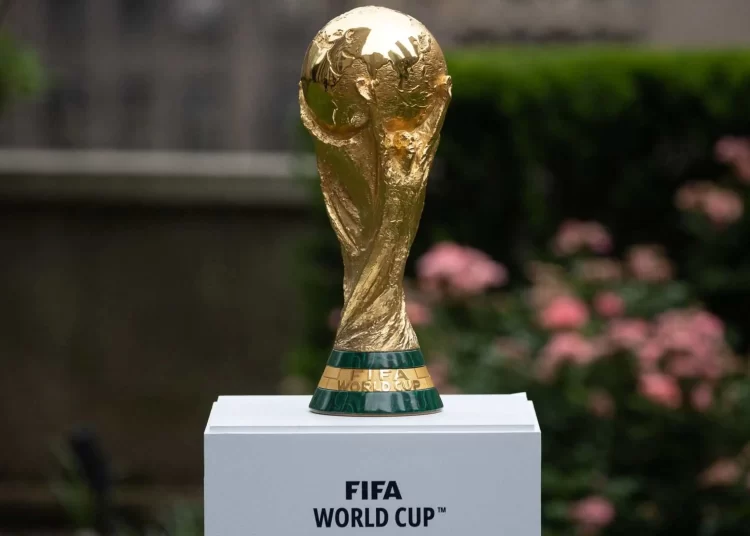The Royal Spanish Football Federation (RFEF) finds itself embroiled in a scandal that could have far-reaching consequences, not only for the federation itself but also for Spain’s aspirations to co-host the 2030 FIFA World Cup. A police raid on the RFEF headquarters in Las Rozas, Madrid, resulted in seven arrest warrants, including one for former President Luis Rubiales, with five more individuals under investigation for alleged money laundering and corruption.
Despite Rubiales currently being in the Dominican Republic, Spanish authorities are intent on apprehending him upon his return, raising concerns about potential ramifications for Spain’s hosting of the 2030 World Cup. Cadena Cope reports that there’s speculation the scandal might jeopardize Spain’s role as a host nation, particularly given FIFA’s pending decision on the matter. While Spain, Portugal, and Morocco were set to be the primary hosts with initial fixtures in Paraguay, Chile, and Argentina, FIFA has until the end of 2024 to ratify this arrangement.
The unfolding events in Madrid have reportedly caught FIFA’s attention, prompting speculation about potential repercussions. Diario AS suggests that Morocco, long vying for the opportunity to host the World Cup, may use this situation to push for hosting rights to the final. Morocco has been clear about its ambitions and is constructing a massive 113,000-seater stadium in Casablanca for this purpose. Given FIFA’s requirement for the final to be held in a venue with a capacity of 80,000 or more, Morocco’s new stadium, along with the Santiago Bernabeu and Camp Nou, emerge as the only viable options.
The controversy surrounding the RFEF, compounded by Rubiales’ previous suspension by FIFA for three years, casts doubts on Spain’s hosting credentials and could potentially pave the way for Morocco to secure the ultimate prize of hosting the World Cup final. However, FIFA President Gianni Infantino’s reportedly positive relationship with Spanish Prime Minister Pedro Sanchez may play a role in shaping the outcome.
While it would be a significant departure from initial plans, with Spain designated as the primary venue and with the most stadiums, the prospect of the final being played in Morocco remains a possibility. Such a decision could not only address concerns within FIFA but also satisfy the Confederation of African Football (CAF), potentially marking only the second time the World Cup final is held on African soil after the 2010 tournament in South Africa.





























